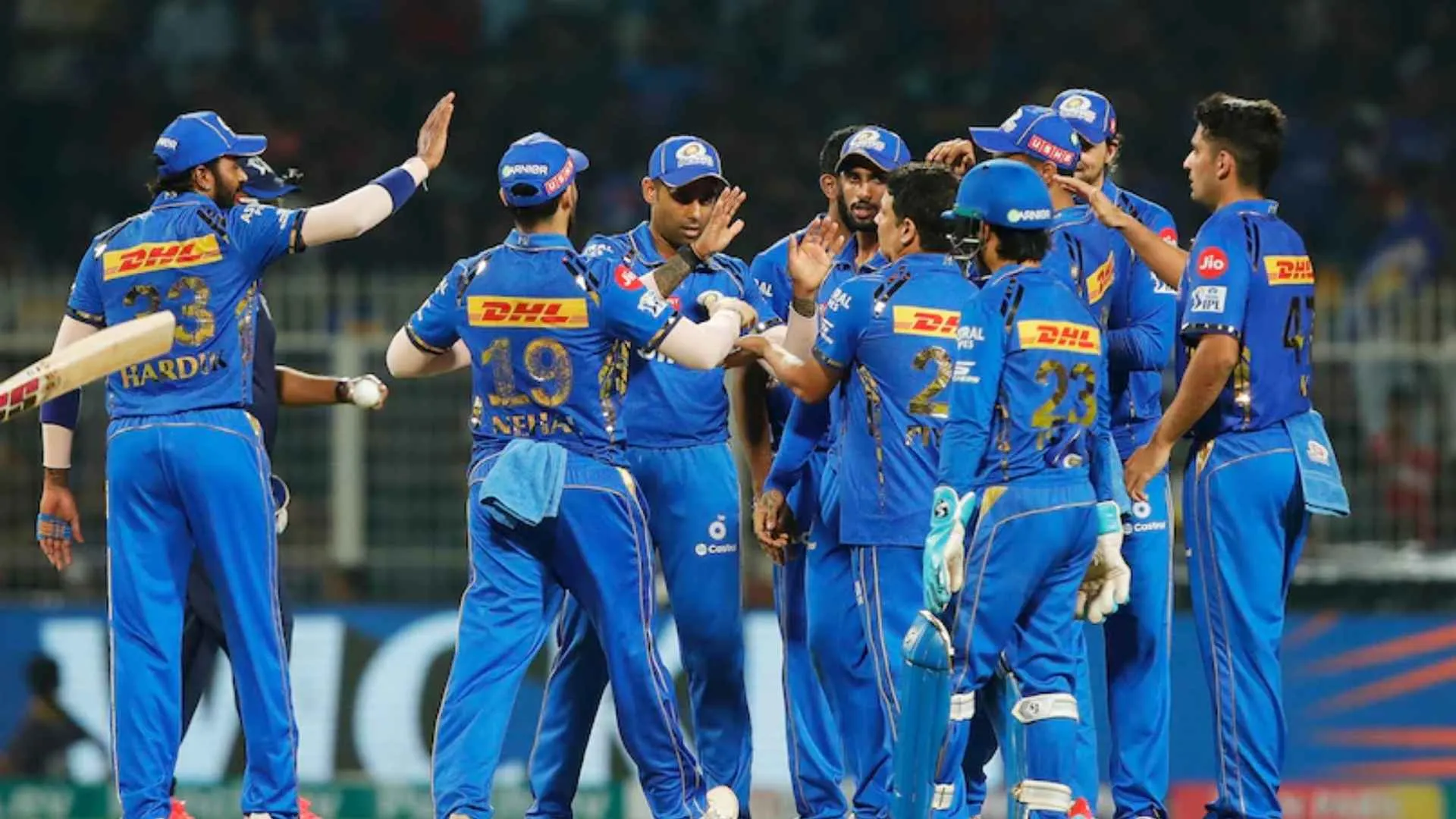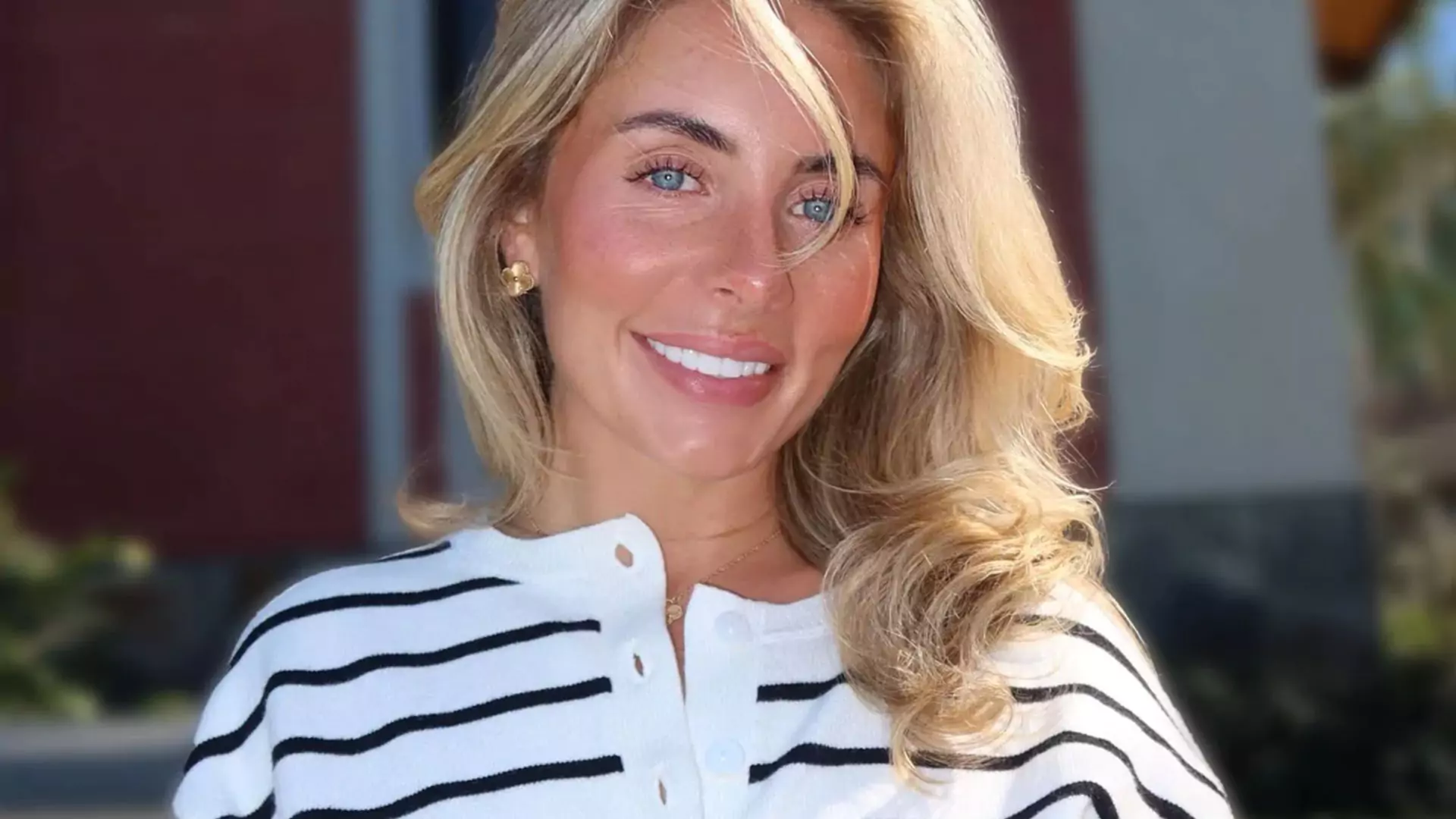This year’s 2024 Padma Awards were termed the “Peoples Awards” because they honored individuals from all walks of life and throughout the nation. Forty of the awardees belong to the Other Backward Classes category, eleven to the Scheduled Castes, and fifteen to the Scheduled Tribes. In addition, nine Christians, eight Muslims, five Buddhists, three Sikhs, two Jains, two Parsis, and two members of indigenous faiths were among the awardees.
49 octogenarians who received recognition for their lifetime contributions were among the awardees. The Padma Award has been given to ten districts for the first time since independence. Additionally, it has covered 89 districts in 32 states. The Padma awards have been given to political veterans from all political parties, ideologies, and geographical locations. In addition to receiving the Bharat Ratna from the Janta Party for supporting the cause of the backwards, Captain Vijayakant (DMDK) and Chiranjeevi (INC) have also received recognition. This demonstrates the political cooperation of the Narendra Modi administration.
The Awards have also celebrated Nari Shakti (women empowerment) by awarding 30 women from across regions and fields. It has represented many firsts, from the first female Supreme Court Judge (Fathima Beevi) to the first elephant Mahout (Parbati Barua) and first female Harikatha exponent (Uma Maheshwari).
By recognizing environmental activist Chami Murmu and Madhubani painter Shanti Devi Paswan, it has dismantled barriers based on caste and class. Numerous female folk singers from a variety of genres, including Kajri folk from Uttar Pradesh (Urmila Srivastava), Khasi folk from Meghalaya (Silbi Passah), and Rajbonshi folk from West Bengal (Gita Roy Barman), were also honored. Traditional weavers such as Naseem Bano (Chikankari of Lucknow), Takdira Begum (Kantha of Bardhaman), and Smriti Rekha Chakma (Loinloom of Tripura) have been recognized by the Padma Awards among women recipients.




















